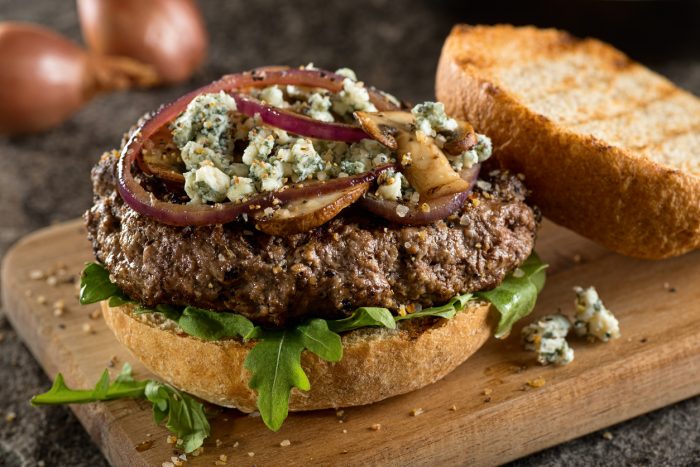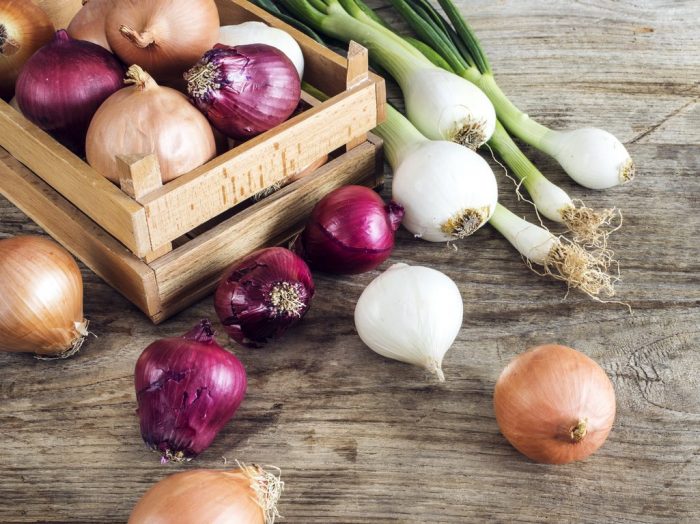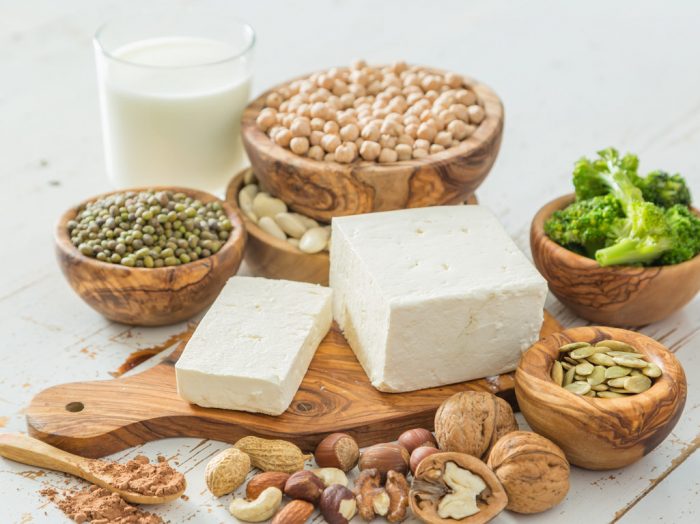Yeah, they tend to make you cry, but so do really good movies and books. So why let that stop you from enjoying the health benefits of onions? As you’ll find out from this article, they’re pretty wonderful and pretty important.
A raw red onion is one of my favorite foods ever. You can pair the slices with so many cool, delicious things and have a feast-like meal with almost no preparation needed. For me, red onion slices (salted with confidence) paired with a nice cheese, whatever the type, is a top 10 snack, all the way from my childhood. But you can also add many raw types of onions as topping for all kinds of spreads and I don’t think I have to tell you how many dishes have sautéed onions as a starting point. Hint: Lots of them.
But did you know that onions have been around for thousands of years? At least 5,500, since archeologists found ones dating back to 3500 B.C. Ancient Egyptians worshipped them because of their shape and their concentric circles symbolized eternity. And also, in the Middle Ages, they were used as currency or gifts.
So let’s start unpeeling the layers and seeing which are the most important health benefits of onions. And before we do that, you might want to find out how to cut an onion to get the taste just right.

5 health benefits of onions to take advantage of
1. They support your digestion
Those lovely onions are full of inulin, a fiber that’s useful for the health of your gut because probiotic bacteria like to eat it. That means that your gut flora will be even healthier. Other than that, inulin also helps prevent constipation and boost the absorption of nutrients. It might also curb your appetite, but the jury is still out on this one.
2. They improve bone density
There might be a link between eating onions and bone health, according to research that looked at perimenopausal and postmenopausal Caucasian women with ages over 50. The study subjects who ate more onions were the ones who had better bone density and also had a 20 percent lower risk of fracturing their hips, compared to the subjects who never ate any type of onions.
3. They’re loaded with antioxidants
There are dozens of different types of antioxidants in onions and they help with plenty of systems in your body. The main one is quercetin, which has anti-inflammatory properties. But there are plenty more. And guess what? You’ll find most of them on the outer layer of the onions. So, be careful when you’re prepping them for cooking and don’t remove too many of those outer layers.

4. They have some vitamins and minerals
Alongside the antioxidants, there are some other nutritious elements to onions (depending on the type, size and color, so diversify your diet) that will make all of the difference when you add them to a cooked dish or a fresh salad. You will also be getting some vitamin C, vitamin B6, folate, potassium, and manganese.
5. They lower cholesterol
Quite a few studies have found that subjects who followed a high red onion diet had a greater drop in cholesterol levels – good cholesterol, but also ‘bad’ LDL cholesterol as well – than the other subjects who were following a low onion diet. The good news for people who eat onion? The ones who had the low onion diet had lower cholesterol, too, after eight weeks.






